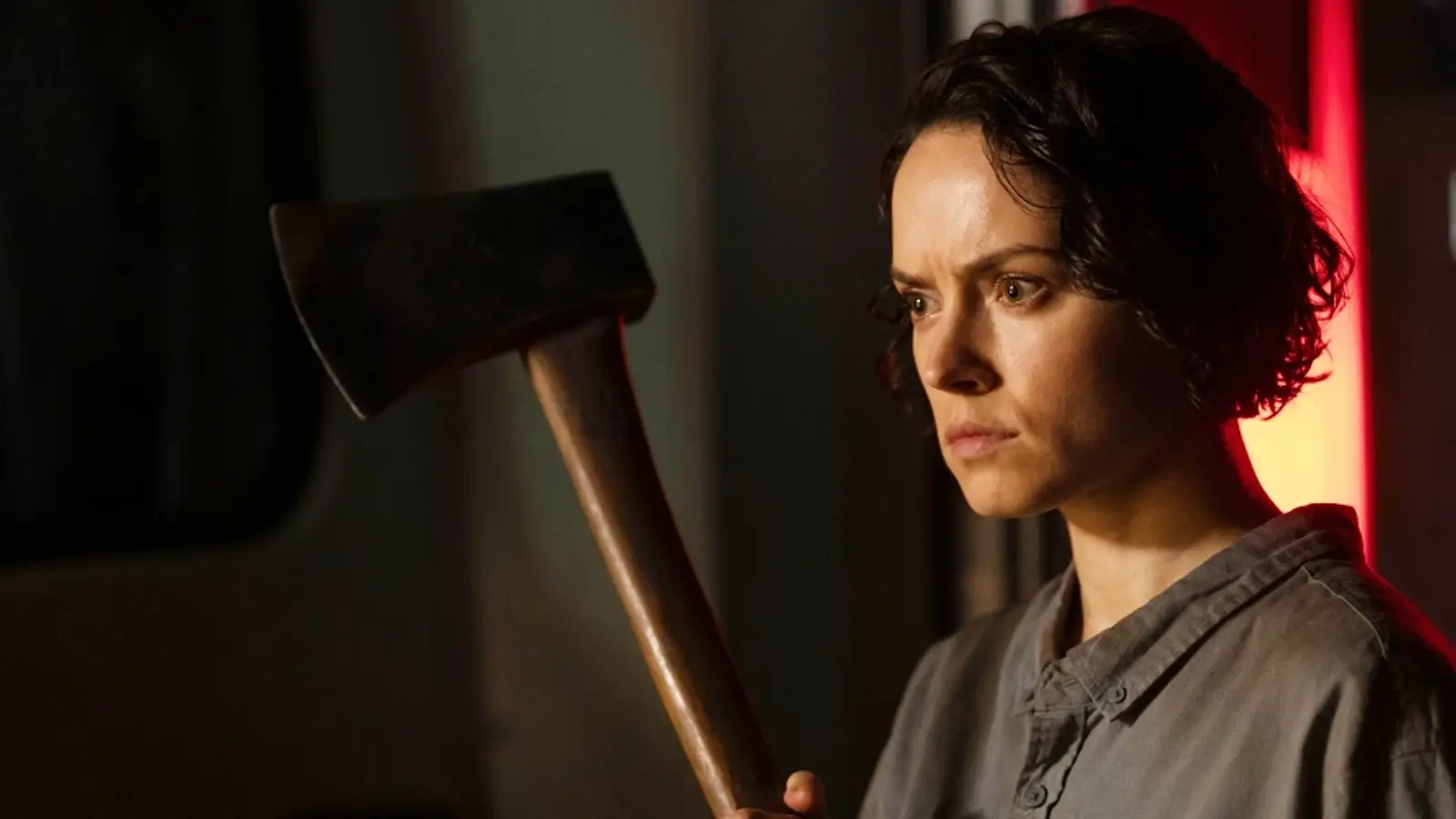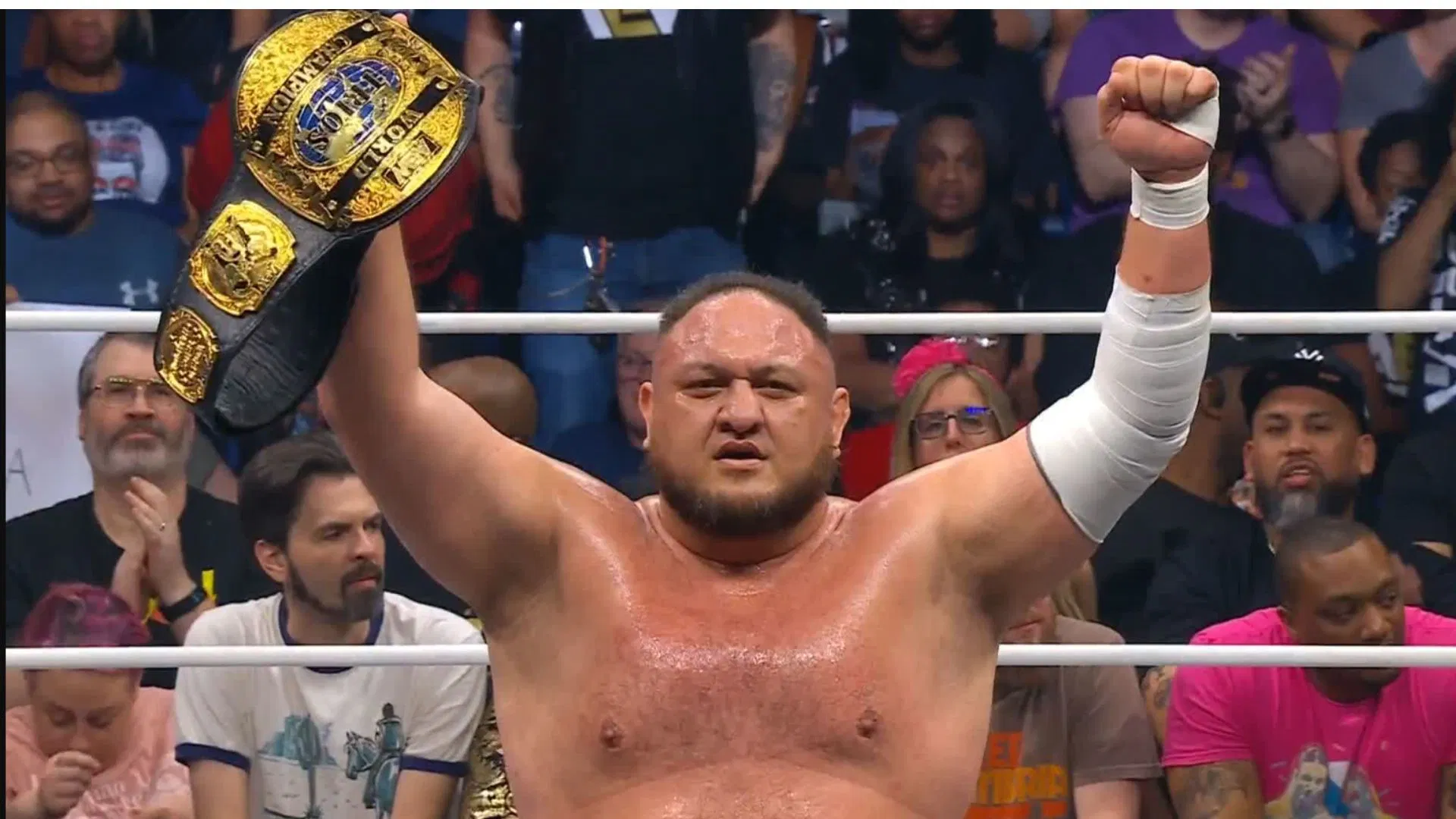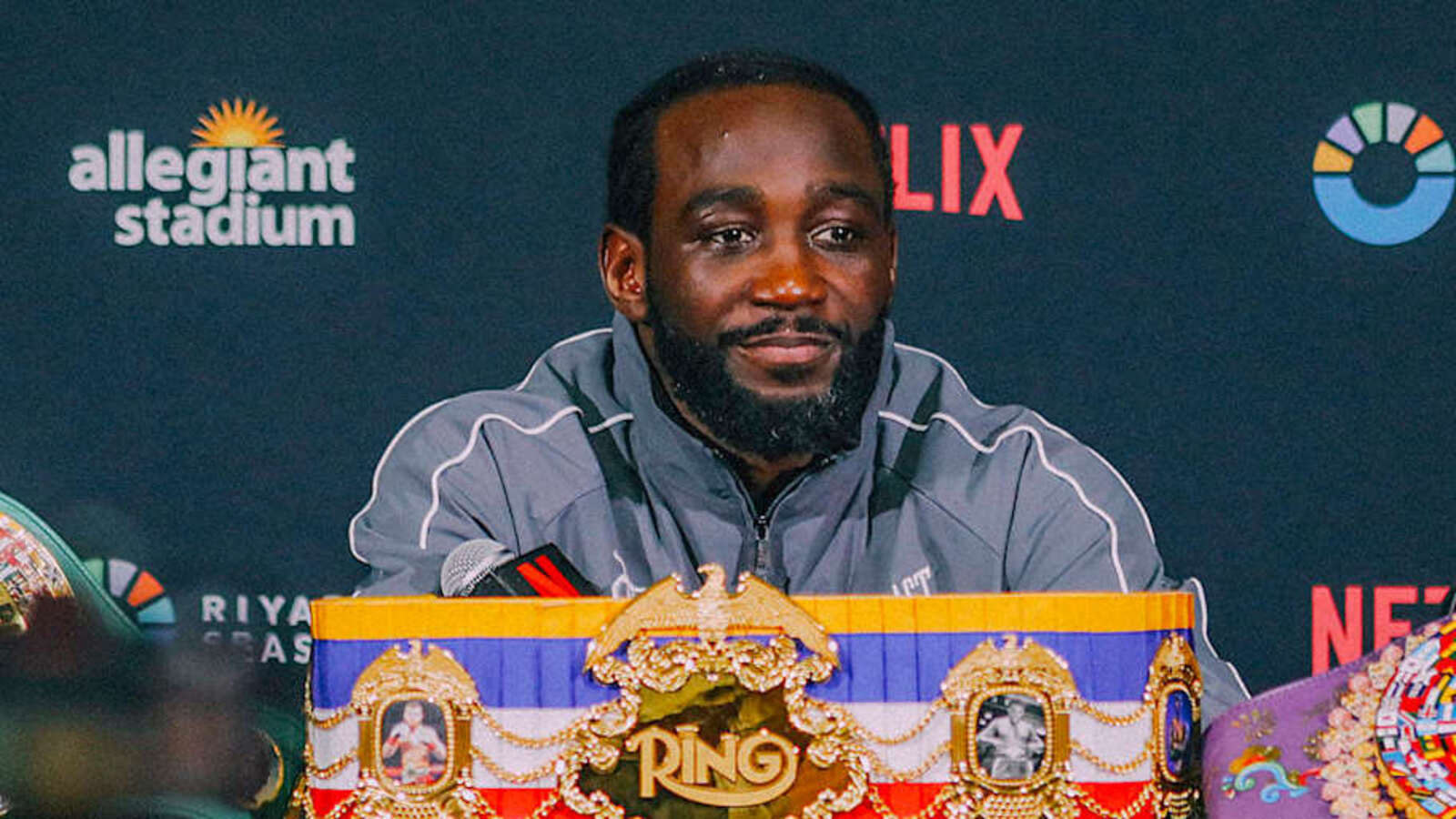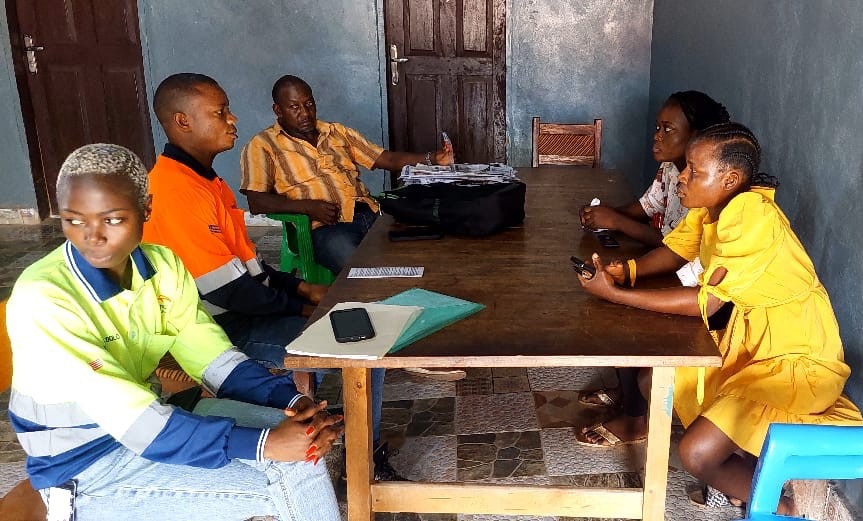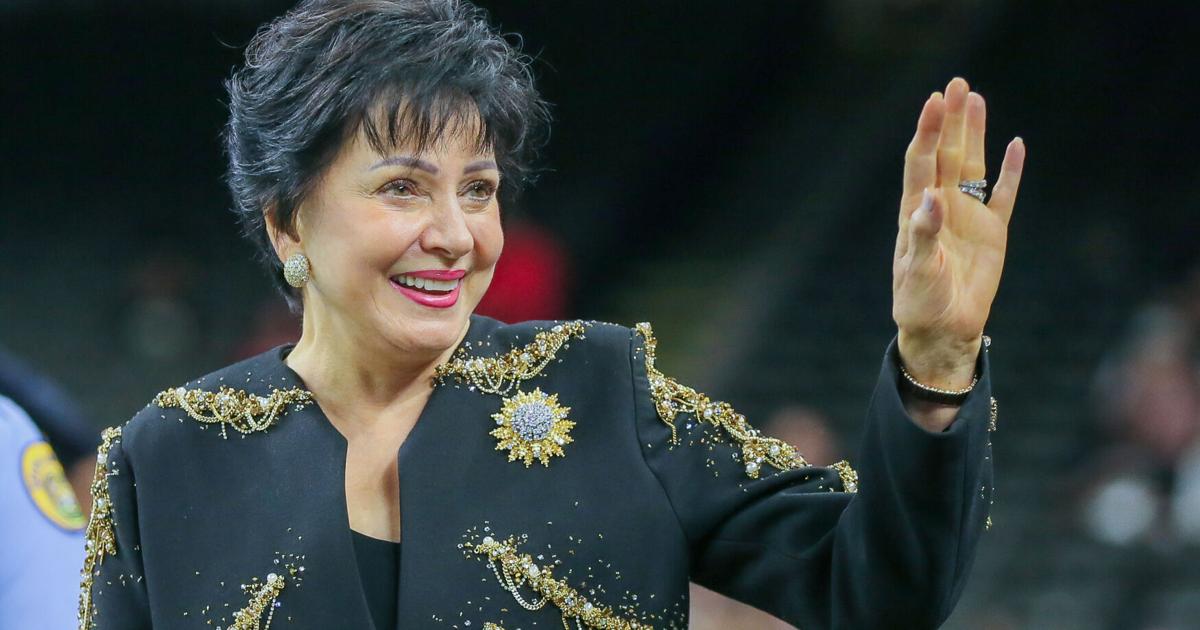
Gov. Jeff Landry and Gayle Benson said they have agreed to a new long-term lease that will keep the Saints playing at the Caesars Superdome for at least another decade, after lengthy negotiations that were hung up over side real estate deals and the state’s share in profits from food sales and parking.
The deal was announced on Thursday on the field of the Superdome, where Benson and Landry gathered with Saints officials and civic leaders.
Benson and Landry both praised the deal, with Benson calling it “an example of our continued special partnership with this great state of Louisiana.”
“This agreement solidifies a partnership for decades to come,” she added.
The lease runs through 2035 and then gives the Saints options to renew every five years through 2055. It also resolves sticking points that had delayed final approval even after the stadium lease itself was finalized last month.
At issue were the team’s lucrative leases tied to Benson Tower, Champions Square, and the Saints’ practice facility in Jefferson Parish, which state officials had sought to separate from the Superdome deal.
In the end, the state and the Saints agreed to sign the package together, clearing the way for Landry and Benson to make the extension official at the ceremony inside the Dome.
The signing averts what had become a tense standoff that has complicated New Orleans’ bid to host the 2031 Super Bowl, a showcase event that requires a long-term stadium commitment. Because of the stalemate, the city missed an NFL deadline last month to be placed on the shortlist of host sites.
Saints spokesperson Greg Bensel said then that if a lease could be finalized in time, Benson would aim to persuade NFL Commissioner Roger Goodell to reopen the bidding.
“Governor, I am confident that between you and I, we will give it our absolute best effort,” Benson said Thursday.
Any bid would still require a formal proposal from the Greater New Orleans Sports Foundation and City Hall, and there is no assurance New Orleans will ultimately land the game.
Terms of the new deal
On the stadium lease, formally called the “Stadium Use Agreement,” the state — represented by the Louisiana Stadium and Exposition District, known as the Superdome Commission — won several concessions compared with the landmark 2009 deal negotiated under former Gov. Bobby Jindal.
The Saints will no longer automatically receive 42% of all gross food and beverage sales at games. Instead, the parties will use profit-sharing model: the Superdome Commission will share in annual concession proceeds above $7 million, while the Saints will contribute $2.75 million each year toward overhead costs.
If concession proceeds do not reach $7 million, the Saints will still get 38% of gross sales, but only if annual attendance tops 530,000. If not, their share drops to 37%.
In addition, the deal gives the state more favorable terms in marketing the Dome’s exclusive suites for marquee events such as the Super Bowl, NCAA Final Four and College Football Playoff games, while also requiring the Saints to share in the costs of future upgrades, including those mandated by the NFL.
The new lease also includes the first-ever provisions meant to deter a future owner from relocating the team. This version of the lease is likely to extend past Benson’s lifetime, which means it will likely be in place at the time that a new owner buys the team.
Should the Saints decline to renew after the initial 10-year term, they would owe the state $75 million — a penalty that gets smaller over time. Separate “liquidated damages” provisions, initially as high as $200 million, are designed to recoup some of the state’s investment in Superdome renovations. Those also decline over the life of the agreement.
It’s not clear the extent to which the provisions in the lease would dissuade a future owner from moving the team. In the past, Benson said that Saints President Dennis Lauscha, who will likely negotiate the sale some day, has been instructed not to sell to anyone who would consider moving the Saints out of New Orleans.
The NFL and its owners also have a role in approving any ownership transition, which would require a vote of support by at least three-quarters of the owners.
Benson Tower
The state and Benson’s ownership group also reached a new lease for Benson Tower, the 26-story office building adjacent to the Superdome that has long been a point of contention.
Under the new terms, the state government will lease the building for 10 years, with a single five-year extension option. That replaces the previous arrangement, under which the Benson Tower lease was automatically tied to the length of the stadium lease.
The deal reduces the amount of space the state must rent and lowers the rent by $1 per square foot starting next year, trimming annual costs by about $200,000, to $9.1 million. Future annual increases are capped at 2%, and the state gains the right to sublet unused space.
The state’s share of operating expenses is also reduced, and the lease includes an exit clause if Benson were to no longer own the Saints.
Champions Square, Saints training facility
The state also secured more favorable terms for Champions Square, the outdoor entertainment space next to the Superdome that is owned by Benson.
The lease will now run for 10 years with no renewal options, at a fixed rent of $2.2 million annually. Parking revenue from the property will go to the state, while the two sides will split the costs of future upgrades equally.
